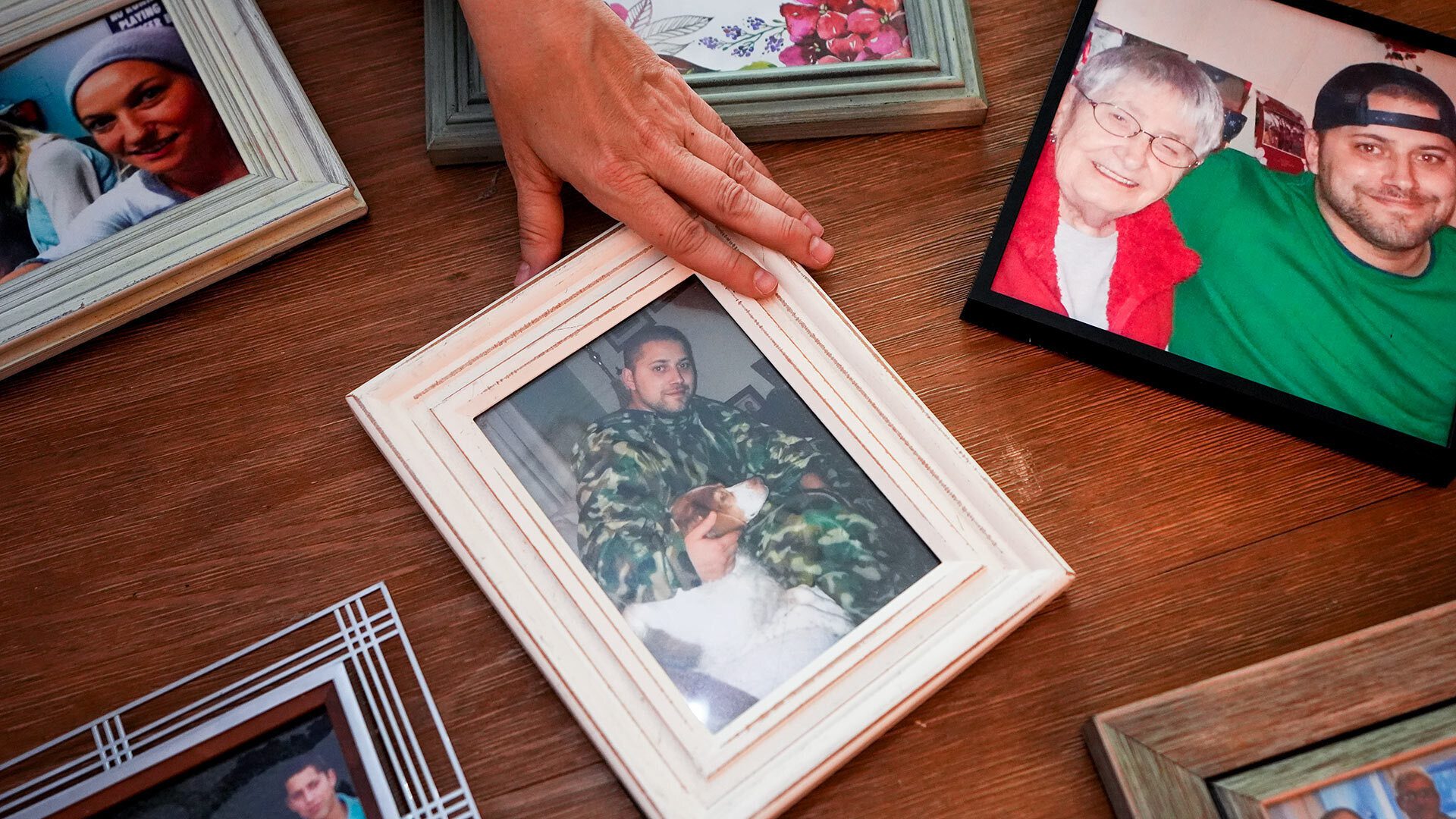- May 06, 2025
- By Josh Land
The University of Maryland’s Philip Merrill College of Journalism earned a Pulitzer Prize recognition for the first time in its history Monday when the Howard Centers for Investigative Journalism’s “Lethal Restraint” collaboration was a finalist in the investigative reporting category.
A team of journalists from The Associated Press global investigations unit, PBS “Frontline” and the Howard Centers at UMD and Arizona State University documented that police tactics intended to stop people without killing them resulted in more than 1,000 deaths in the U.S. from 2012-21. Hundreds of the cases were a result of poor training or officers not following best safety practices.
“Merrill College students have long produced award-winning journalism at the local, national and international levels—but being a Pulitzer finalist isn’t just another honor. It’s a defining moment for them and a historic milestone for this college,” Dean Rafael Lorente said. “This achievement underscores Merrill’s role as an innovative leader in journalism education. It’s a powerful validation of our mission, our values, our methods and the difference our students can make.”
Within months of publishing, the investigation prompted significant police reform and led to other major developments.
The Police Executive Research Forum, an influential group of law enforcement leaders, cited “Lethal Restraint” in calling for extensive new guidance to reduce the risk of death when people are arrested or detained, prompting the NYPD to adopt new safety guidelines. Paramedics are also revising their rules on sedation. California halted training courses. Researchers from Harvard University and Yale University used data from the project to publish a novel analysis.
About 20 students and faculty members, including Howard Center Director Kathy Best, gathered in the organization’s Knight Hall headquarters to watch the Pulitzer Prizes livestream.
“When I was interviewing to become the first director of Maryland's Howard Center, I said I wanted it to do Pulitzer-level work,” Best said. “Our students turned that aspiration into reality with their hard work, creativity and passion, proving along the way the value that student journalists can add to even the most ambitious endeavors.”
“Lethal Restraint” previously won a National Headliner Award and a special citation in the Selden Ring Award for Investigative Reporting competition. It was also a finalist for two Online Journalism Awards, a Royal Television Society Television Journalism Award, The Deadline Club’s Public Service Award and a Webby Award.
The Howard Centers first teamed up with AP in spring 2022 to collaborate on the national investigation.
Led by Best, Data Editor Sean Mussenden and Professor Deborah Nelson, a rotating team of data journalists at UMD worked closely with AP reporters and editors for two years. Through in-depth data analysis, the team helped AP reporters identify newsworthy patterns that helped shape AP’s reporting and produced findings for publication.
The Merrill College team built custom software tools to make AP’s reporters more productive, allowing them to more easily surface relevant facts from a massive repository of digital documents. Building off early work by data journalists at Arizona State University, the UMD journalists built a custom web application with thousands of distinct pages that integrated data collected by AP and the Howard Centers, digital text documents, video and other information.
Those tools helped AP show deadly encounters took place in cities of every size in nearly every state. No race or ethnicity was untouched. Those who died ranged in age from 15 to 95. Many were experiencing a mental health or drug crisis.
The project involved 205 students, faculty and staff from Merrill College, including Taylor Nichols M.Jour. ’25.
“It's exciting that we're being recognized,” Nichols said. “Because we're student journalists, a lot of people tend to think we're not real journalists. I think we just proved them wrong.”
More than 160 UMD students filed hundreds of requests for government documents and body-camera footage that fed the project’s master database.
“Absent our collaboration with the Howard Center at UMD, it’s hard to see how AP could have pulled off ‘Lethal Restraint’—certainly not at the level we have,” said Justin Pritchard, an editor with AP’s global investigations team who led the project. “That’s how essential the students, staff and leadership have been. From the breadth of the database to the depth of its analysis, the work of the Howard Center permeates this investigation.”
Greg Morton '23, a data reporter at The Baltimore Banner who worked on “Lethal Restraint” as a student, said the Howard Center project involved "Herculean data analysis efforts." (So did a Banner series that won a Pulitzer on Monday for coverage of Baltimore’s drug overdose crisis, Morton said.)
He noted the importance of Mussenden and Derek Willis, lecturer and data journalist, in helping Merrill students stay focused on human stories while poring through mountains of data.
“I've long thought that Merrill is the best data journalism school in America,” he said. “This just reaffirms it.”
The UMD Howard Center’s work was supported by the Scripps Howard Foundation and the Park Foundation.
Allison Eatough contributed to this story.
